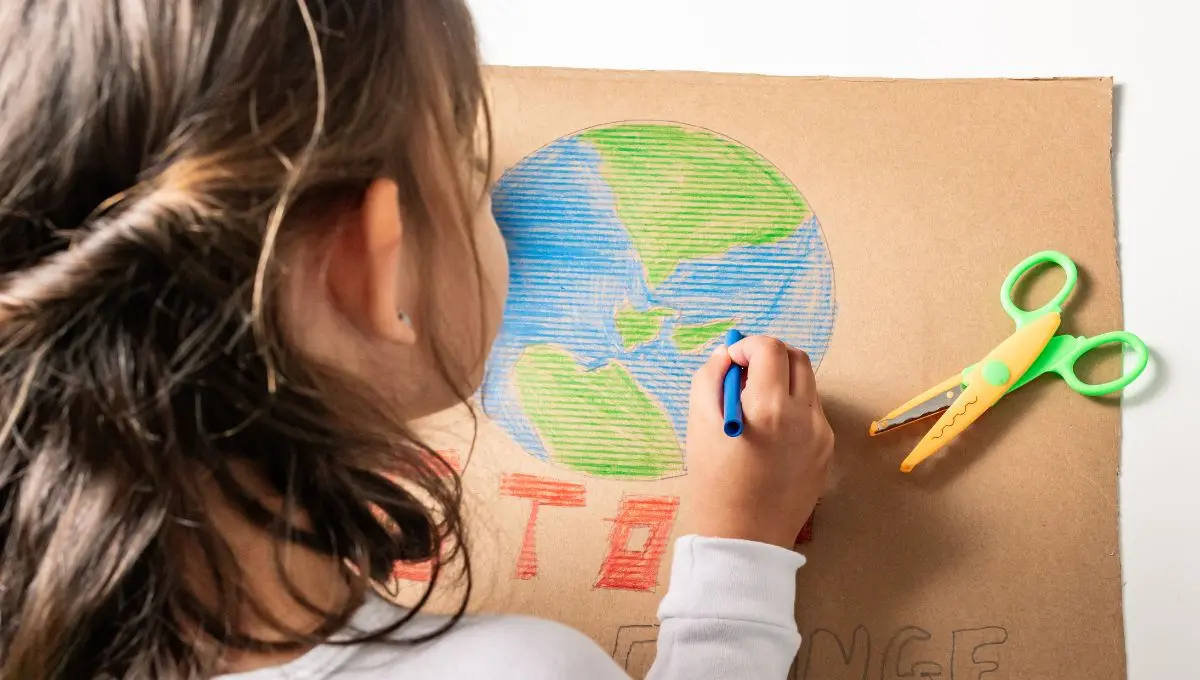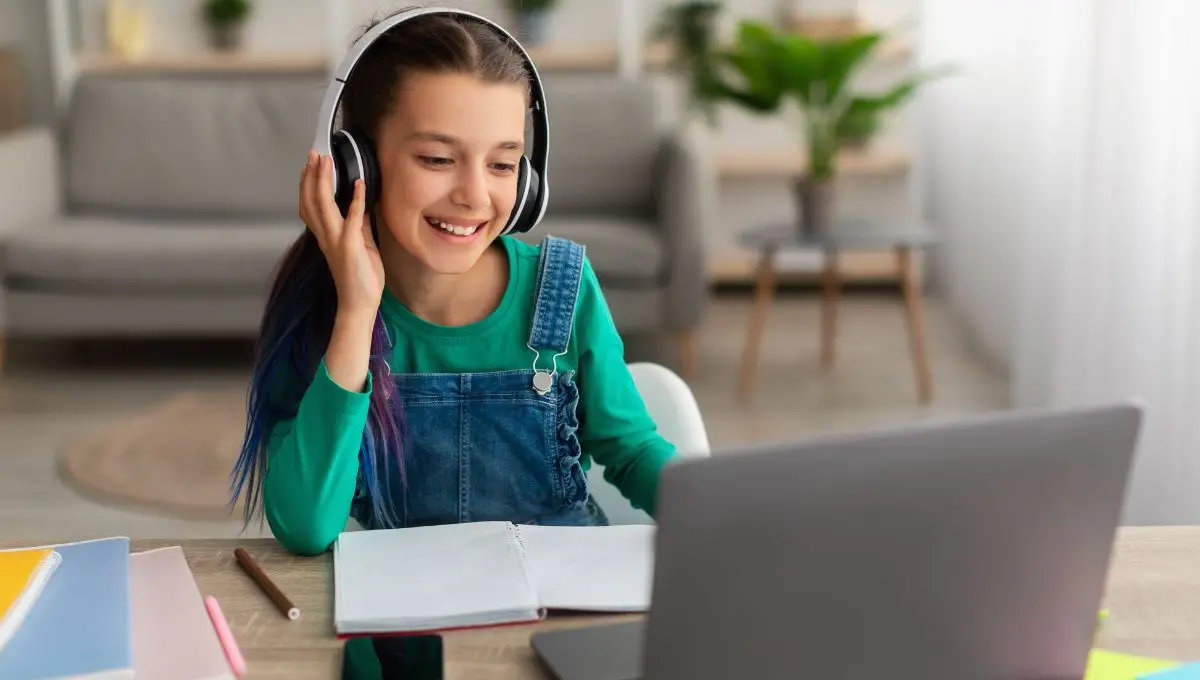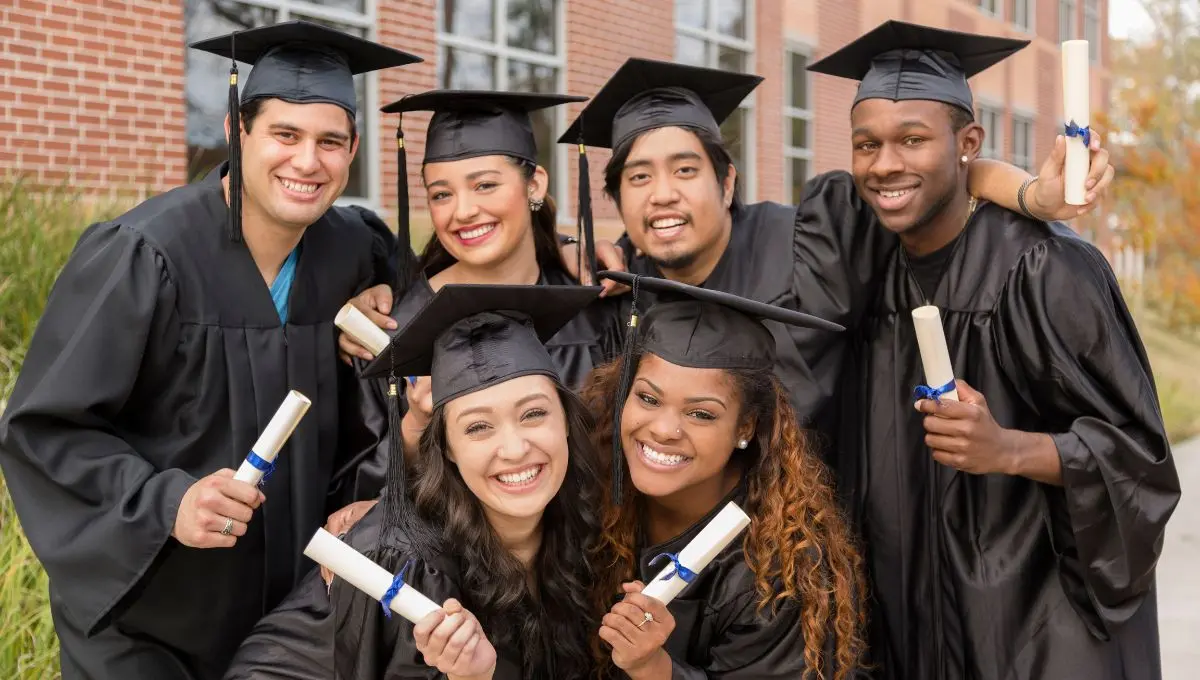Contents
- 1 How Education Changes Personality: “The Journey from Ignorance to Enlightenment”
- 1.1 Education: A Catalyst for Personal Transformation
- 1.2 The Multifaceted Impact of Education
- 1.3 Navigating the Excursion: A Step-by-Step Guide
- 1.4 Challenges and How to Defeat Them
- 1.5 Embracing Long-Lasting Learning: Past Formal Education
- 1.6 The Job of Innovation in Education
- 1.7 Cultivating a Development Outlook
- 1.8 Building a Strong Learning People group
- 1.9 The Force of Education to Transform Society
How Education Changes Personality: “The Journey from Ignorance to Enlightenment”
Short Intro:
In today’s rapidly developing world, education stands as a beacon of trust, directing individuals from the shadows of ignorance to the iridescent shores of edification. The transformative force of education isn’t simply a very worn adage yet a lived reality for millions. In this blog entry, we dive into the significant impact of education on an individual’s life, investigating the excursion from ignorance to illumination and how education changes personality fundamentally. With an emphasis on the latest market statistics and patterns, this article is tailored for a US audience, aiming to give a far-reaching outline of the point.

Education: A Catalyst for Personal Transformation
Education is more than the acquisition of facts; a transformative excursion reshapes our perspective, enhances our social abilities, and outfits us with the devices necessary for progress. Ongoing statistics from the National Community for Education Statistics (NCES) feature the undeniable correlation between more elevated levels of education and increased business open doors, higher earning potential, and improved quality of life. This data highlights education’s job as a critical switch for the personal turn of events and societal advancement.
The Multifaceted Impact of Education
How does education change personality? The answer lies in its ability to form our mental abilities, emotional knowledge, and social interactions. Education illuminates us by broadening our points of view, cultivating critical reasoning, and sustaining empathy towards others. It enables individuals to challenge assumptions and to embrace variety and intricacy. This edification isn’t simply a personal achievement but an aggregate gain, as educated individuals add to a more educated, tolerant, and moderate society.

Embarking on an educational excursion requires something beyond enlistment in academic programs. It includes a cognizant effort to engage with different ideas, address them, and look for truth. The initial step is perceiving the value of information and its ability to transform. The next step is actively seeking out information about open doors, whether formal or informal, and using this knowledge to address problems in the real world. This interaction, while demanding, is unquestionably rewarding, leading to personal development and edification.
Challenges and How to Defeat Them
Notwithstanding its advantages, the path of education is fraught with challenges, including financial constraints, access issues, and motivational obstacles. Beating these obstacles frequently requires leveraging financial aid, scholarships, and online assets to make education more accessible. Additionally, building an encouraging group of people—coaches, educators, and companions—can provide the encouragement and guidance expected to effectively navigate these challenges.

Embracing Long-Lasting Learning: Past Formal Education
The transformative excursion of education doesn’t close after getting a diploma or degree; a long-lasting endeavor stretches out past the walls of traditional classrooms. Long-lasting learning, an idea that has gained significant traction as of late, emphasizes the importance of constantly acquiring new abilities and information throughout one’s life. This approach to learning is critical in today’s fast-paced, steadily changing world, where technological advancements and changes in the gig market demand adaptability and a pledge to constant personal development.
The Job of Innovation in Education
Innovation plays a pivotal role in facilitating the transition from ignorance to illumination, breaking down barriers to education, and making learning more accessible than at any other time. Online platforms, digital libraries, and e-learning instruments offer vast open doors for individuals to expand their insight base and range of abilities, regardless of their geographic location or financial status. These digital assets supplement formal education as well as enable individuals to take charge of their own learning process, investigating subjects and abilities that align with their personal and professional interests.

Cultivating a Development Outlook
A vital factor in navigating the educational excursion effectively is cultivating a development outlook—a conviction that abilities can be created through dedication and hard work. This mindset promotes resilience in the face of difficulties and a readiness to learn from failure rather than let it demoralize you. Embracing a development mentality enables individuals to see education not as a decent goal but rather as a continuous course of personal and intellectual events.
Building a Strong Learning People group
The path from ignorance to illumination is rarely traveled alone. Building a steady learning community of companions, coaches, and educators can provide invaluable encouragement, understanding, and motivation. These groups, whether tracked down in academic establishments, online discussions, or professional organizations, encourage a feeling of having a place and provide a platform for sharing information and encounters. Engaging with assorted points of view inside these networks advances the learning experience as well as cultivates empathy and understanding.

The Force of Education to Transform Society
Ultimately, the transformative force of education stretches from individual edification to societal change. Educated individuals are bound to engage in metro activities, contribute to financial development, and advocate for social equity. By addressing inequalities in access to education and advancing comprehensive learning conditions, we can harness education’s potential to construct a more equitable, informed, and compassionate world.
As we keep on investigating the vast landscape of information, let us remember that education is an excursion of interminable revelation, with the ability to change ourselves as well as our general surroundings. The excursion from ignorance to edification is a testament to the transformative force of education, welcoming each of us to embark on our own path of learning, development, and revelation.

End and Final Considerations
The transformative excursion of education from ignorance to edification is a significant path that shapes individuals as well as the fabric of society. It enables us to challenge the status quo, push boundaries, and imagine a future packed with potential outcomes. Education is the foundation of personal development and societal advancement, encouraging an existence where critical reasoning, empathy, and innovation prosper. As we have investigated, defeating the obstacles to education requires aggregate exertion, leveraging innovation, cultivating a development outlook, and building strong networks.
Embracing education as a long-lasting pursuit features the substance of genuine illumination: the nonstop journey for information, understanding, and the personal turn of events. In this dynamic excursion, the job of innovation and the importance of a steady learning climate highlight the multifaceted nature of education. This excursion enhances our individual lives as well as has the ability to transform society, driving advancement and cultivating an additional comprehensive and equitable world.
As we close, let this exploration act as a call to action for each of us to focus on our own educational excursions and support others in theirs. Whether through formal education, independent learning, or local area engagement, each step taken on this path is a stage toward a more brilliant, more edified future. Allow us to embrace the transformative force of education, for in its light, we track down the path to our fullest potential and the way to opening a superior world for all.

FAQs: How Education Changes Personality
1. What makes education transformative for individuals?
Education transforms individuals by broadening their points of view, enhancing critical reasoning, and encouraging empathy. It furnishes them with the information and abilities necessary for personal development and achievement, transforming them into educated and engaged residents.
2. How does education impact society?
Education impacts society by advancing financial development, decreasing inequalities, and cultivating a sense of city obligation. Educated individuals are bound to participate in community activities and contribute to a moderate, informed, and equitable society.
3. What are the main challenges faced in chasing after education, and how can they be overcome?
The main challenges incorporate financial constraints, access issues, and motivational obstacles. Conquering these obstacles includes leveraging financial aid, using web assets for accessible education, and building a strong organization of coaches and companions.
4. For what reason is long-lasting learning important?
Long-lasting learning is crucial in today’s consistently changing world, as it guarantees individuals remain adaptable and cutthroat. Constant learning assists in acquiring new abilities and information and staying up-to-date with technological advancements and changes in the field of marketing.
5. How does innovation facilitate the educational excursion?
Innovation facilitates education by making learning assets more accessible and breaking down geographical and financial barriers. Online platforms, digital libraries, and e-learning instruments enable individuals to seek education anytime, anywhere.
6. What is the significance of a development outlook in education?
A development mentality is significant because it encourages flexibility, a readiness to learn from failures, and the conviction that abilities can be created through dedication and hard work. It upholds the idea of education as a ceaseless excursion into progress.
7. How can individuals contribute to making education more comprehensive and equitable?
Individuals can contribute by advocating for arrangements that give equal educational opportunities, supporting initiatives that aim to decrease disparities in education, and engaging in local area endeavors to elevate access to learning assets for oppressed groups.








